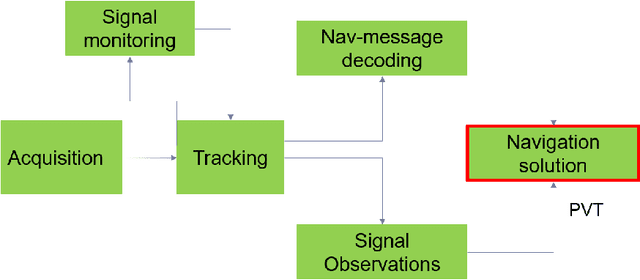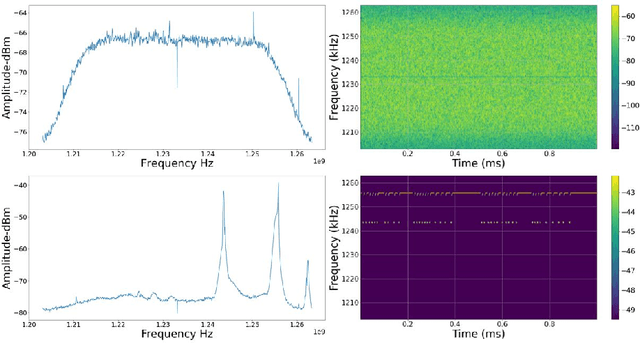WHITE PAPER: Protecting GNSS Against Intentional Interference
Paper and Code
Aug 24, 2022



The vulnerabilities associated with modern systems relying on Global Navigation Satellite Systems (GNSS) due to intentional and unintentional interference is an increasing threat. Since radio frequency interference (RFI) significantly degrades the performance of a GNSS receiver. Several traditional critical applications such as aviation, maritime and rail transport systems to more recent applications such as autonomous vehicles, can be severely affected by such undetected nor mitigated RFIs. Moreover, critical infrastructures such as power supply and money transfer, are becoming more and more dependent on the accurate timing information provided by GNSS. Thus, interference detection and management techniques are crucial to be utilised in order to reduce interference effects. This paper offers a state-of-the-art review of several proposed methods for interference detection and mitigation with solutions ranging from traditional to machine learning-based approaches. In addition, to be able to characterise the RFI threats and develop mitigation techniques, it is essential to monitor RFI systematically and share recorded data with interested entities. Therefore, three GNSS threat monitoring systems are briefly described. This White paper is a compilation of the seminar presentations given at a seminar on "Protecting GNSS against intentional interference" in March 2022 in Finland.
 Add to Chrome
Add to Chrome Add to Firefox
Add to Firefox Add to Edge
Add to Edge